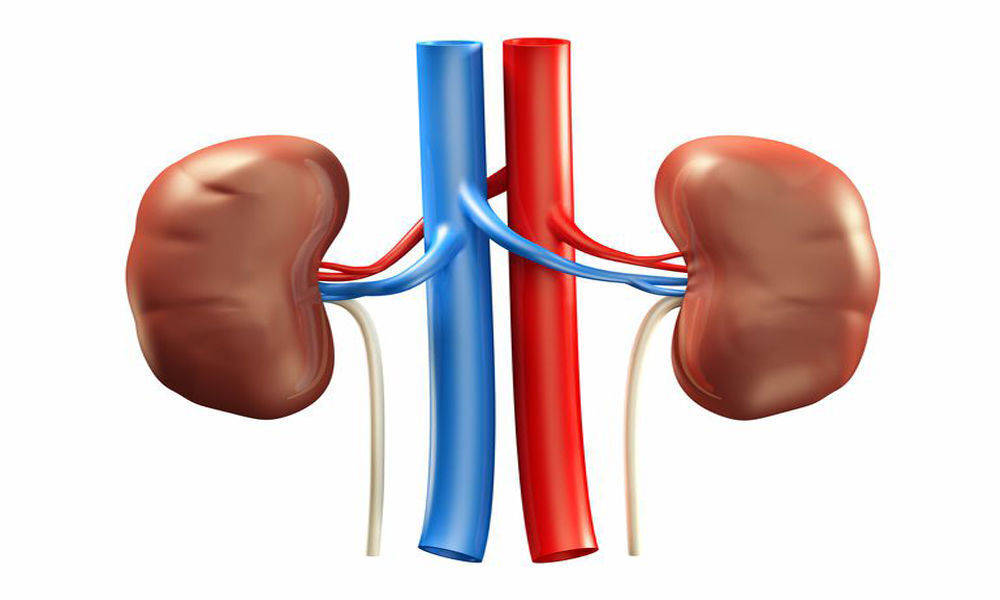Retaining urine for long ups infection risk
 Retaining urine for long ups infection risk
Retaining urine for long ups infection riskVisakhapatnam: After consulting doctors and undergoing a series of tests, it took a while for Meera (name changed), a working woman, to come to terms with her kidney disease.
It did come as a rude shock to her when she finally got diagnosed with the ailment when she least expected it. Prone to urinary tract infections (UTI), the 41-year-old professional confesses that she has the habit of retaining urine for long hours as she feels embarrassed to use the washroom in the office. "First, the washroom is untidy.
Second, we have a common toilet for both men and women at our workplace which really makes me uncomfortable to visit when I really want to. So the only solution I have is to drink less water so that I will not have an urge to frequent washroom during working hours," she said.
But this is not an isolated case as many find it inconvenient to frequent toilet for more reasons than one. Sharing her woes, Sagarika, a Class VIII student, says that the washrooms in her school paint a messy picture. "I generally prefer to skip using them during school hours as their maintenance is pretty bad," she adds.
However, experts warn retaining urine for a long time is not a healthy habit as it may lead to urinary tract infections and repeated UTIs may further damage the kidneys. On the occasion of the 'World Kidney Day', observed annually on the second Thursday in March, nephrologists call for measures to place a check on growing kidney ailments.
With the current year's theme focussing on 'Kidney health for everyone and everywhere', the recent study showed an estimated 2.4 million people die due to kidney failure every year. Experts opine that chronic kidney disease is one of the fast growing causes of death and called for immediate measures to check the alarming trend.
"Though genetic reasons play a role in progression of chronic kidney disease, those with high blood pressure, long-term diabetes and obesity fall in the bracket of high risk groups," explains T Ravi Raju, chief of Nephrology, Apollo Hospitals.
Elaborating on warning signs of the kidney disease, Dr Ravi Raju says, "Fluid accumulation in feet, puffy eyes, swollen face, weak bones, abdominal pain and distension, reduced frequency of urination, elevation of blood pressure and dip in the haemoglobin level, among others are some of the signs of kidney problem that one should keep a tab on. Moreover, those with high blood pressure and diabetes should get their albumin levels examined once a year and the normal persons can get the test done once in five years."
Further, Dr. Ravi Raju cautioned that those above 60 years of age and having a family history of chronic kidney disease need special attention. "In many cases, high blood pressure is most often caused by kidney disease rather than a heart disease," he observes.








